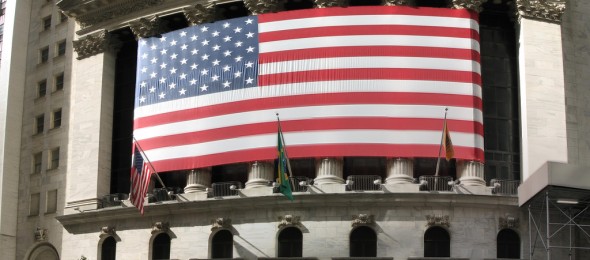Teresa Jacqueline Verges, Lecturer in Law and Director of the Investor Rights Clinic at the University of Miami School of Law has published, “Opening the Floodgates of Small Customer Claims in FINRA Arbitration: FINRA v. Charles Schwab & Co., Inc.,” 15 Cardozo J. Conflict Resol. 623, 2014. In her article, Professor Verges examines the effect that recent U.S. Supreme Court decisions regarding the Federal Arbitration Act have had on the Financial Industry Regulatory Authority.
Here is the abstract:
This article explores the implications and looming conflict between recent Supreme Court jurisprudence upholding the supremacy of the Federal Arbitration Act and the Financial Industry Regulatory Authority’s (“FINRA”) prohibition of any provisions in pre-dispute arbitration agreements that would limit or abrogate any of the procedural and substantive remedies available to customers. The article explores this conflict through the lens of a FINRA enforcement action against Charles Schwab & Co., Inc., which inserted a class action waiver provision in its customer agreement on the heels of the Supreme Court’s decision in AT&T Mobility v. Concepcion, 131 S. Ct. 1740 (2011). The article also provides a brief background of the regulatory framework governing the brokerage industry and its use of PDAAs in agreements with customers, and FINRA’s limitations on judicial class action waivers. Finally the article sets forth arguments explaining why FINRA’s prohibition against class action waivers do not violate the Federal Arbitration Act.
You may download Professor Verges’ scholarly article free of charge from the Social Science Research Network.
Photo credit: epicharmus / Foter / CC BY














